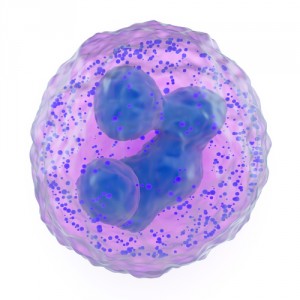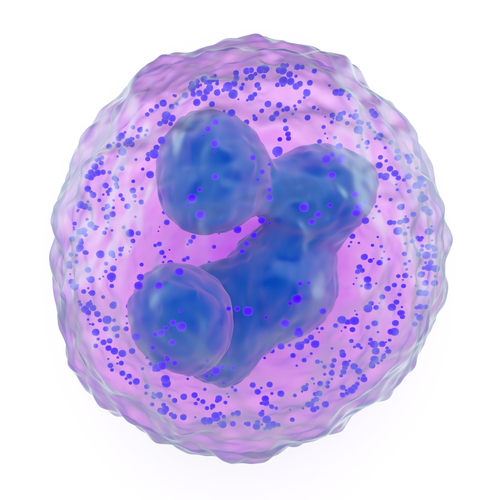 A new study on a potential regulation mechanism of autoimmunity and anti-tumor immunity entitled “CEACAM1 regulates TIM-3-mediated tolerance and exhaustion” was published in Nature by Yu-Hwa Huang, part of Dr. Richard S. Blumberg’s group from the Division of Gastroenterology at Harvard Medical School in Boston. The study was funded by the National Institutes of Health, Harvard Digestive Diseases Center, and a Research Fellowship Award from the Crohn’s and Colitis Foundation of America.
A new study on a potential regulation mechanism of autoimmunity and anti-tumor immunity entitled “CEACAM1 regulates TIM-3-mediated tolerance and exhaustion” was published in Nature by Yu-Hwa Huang, part of Dr. Richard S. Blumberg’s group from the Division of Gastroenterology at Harvard Medical School in Boston. The study was funded by the National Institutes of Health, Harvard Digestive Diseases Center, and a Research Fellowship Award from the Crohn’s and Colitis Foundation of America.
The research team revealed a partner for the important immune protein, named T-cell immunoglobulin domain and mucin domain-3 (TIM-3), which is expressed by stimulated cells upon specific signals and regulate the activity of the cells. Permanently activated cells, a condition called “exhaustion,” is an immunological feature of chronic viral infections, such as HIV, and cancer. Therefore TIM-3 seems to be a potential target for the development of new therapies for cancer and viral infections.
“There has been a lot of confusion around TIM-3 — how does it both inhibit and activate the immune system,” said Richard Blumberg, chief of the Division of Gastroenterology, Hepatology and Endoscopy at Brigham and Women’s Hospital (BWH) and senior author of the paper, in the press release. “This is a crucial question because TIM-3 has been recognized as an important drug target, but nobody really understands exactly how to approach it because of this Janus-like property.”added Dr. Blumberg.
The research team identified the carcinoembryonic antigen cell adhesion molecule 1 (CEACAM1)a critical TIM-3 partner, that is co-expressed and forms a heterodimer with TIM-3. CEACAM1 molecule is also expressed on activated T cells and involved in the inhibition of T-cell function. The presence or not of CEACAM-1 determines the way TIM-3 functions, i.e. in it’s an inhibitor or an activator, respectively in the presence or absence of CEACAM-1. These molecules are co-expressed; they are very similar and together form a novel structure never seen before.
Notably, in this study the authors also used immune cells deficient for CEACAM-1 and observed an increase in inflammation and used animal models of colorectal cancer, where they inhibited both CEACAM-1 and TIM-3 leading to increased anti-tumor responses.
“What’s so exciting is that our data tell us how to target TIM-3,” said Dr. Blumberg. “This really points us along a path to develop a completely new treatment paradigm for cancer as well as for other diseases, such as HIV.”

